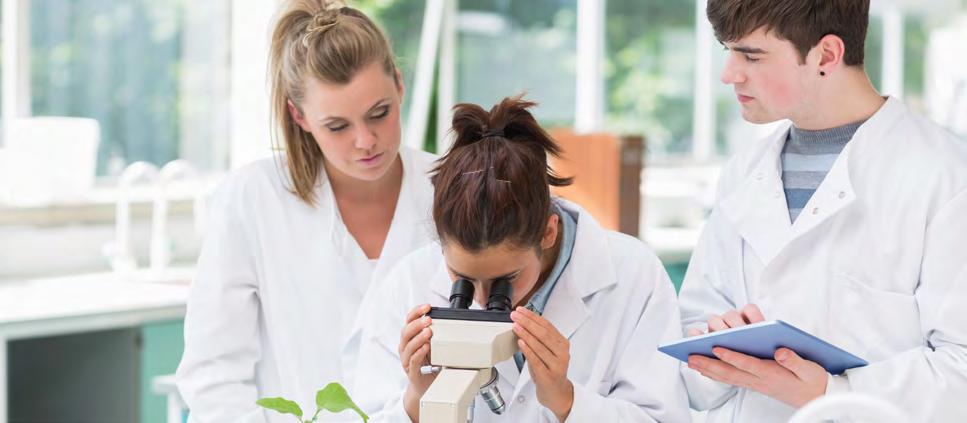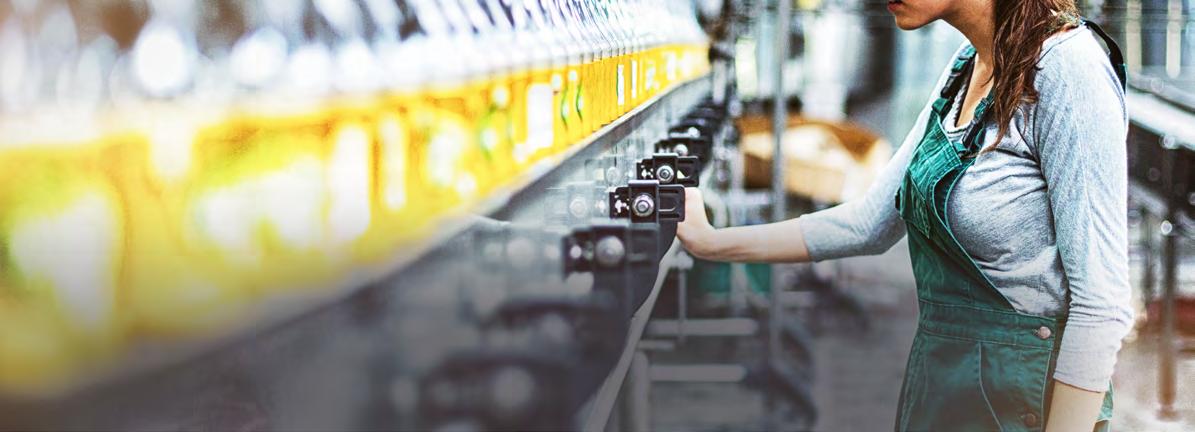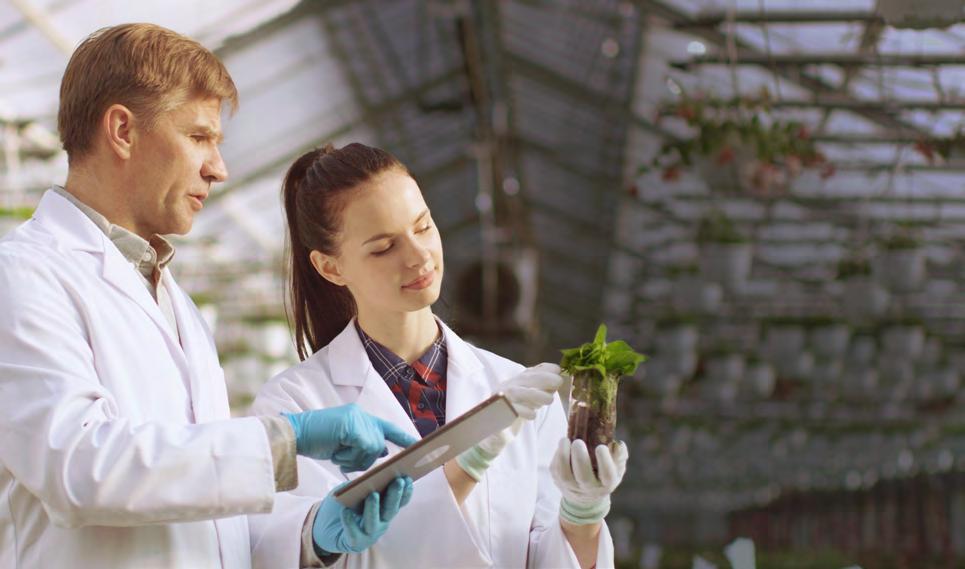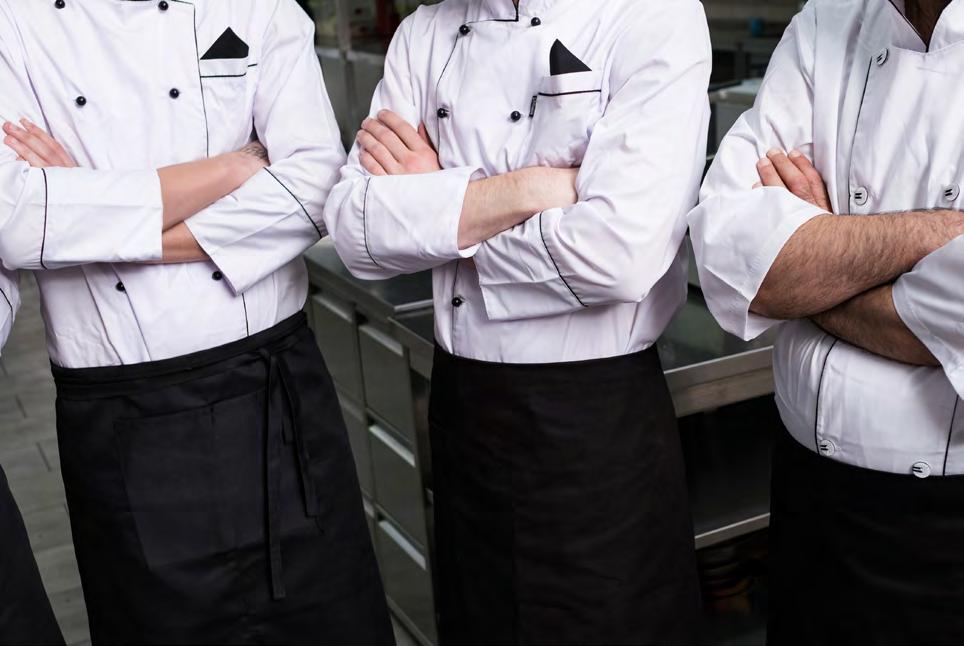
2 minute read
Fast Five
FAST 5
Mark Turner Mark Turner is a Deputy Head of School and Associate Professor in food microbiology in the School of Agriculture and Food Sciences at the University of Queensland. He currently heads a research team in the area of food quality and safety and teaches food microbiology, food safety and food biotechnology courses. His current research focus is in lactic acid bacteria genetics, comparative genomics, biocontrol and cheese flavour applications. He is a member of the editorial board of the international peer-reviewed Journal of Food Protection and mBio.
Why should students consider studying food science?
Food science is critical for the supply of food that is safe, good quality and nutritious. There will always be challenges in food production and processing that food scientists will need to meet. Our students enter a wide range or roles, such as in food quality, safety, product development or technical roles in food microbiology or chemistry testing labs.
What was your path to becoming Professor in Food Microbiology?
My background is in microbiology/ molecular biology and I was taught by Dr Peter Wood, an amazing lecturer who sparked a strong interest in food microbiology in many students including myself. I joined the University of Queensland’s food science section as a lecturer in food microbiology in 2007 after six years as a postdoctoral researcher in Brisbane and the USA. I was promoted to Senior Lecturer in 2011 and Associate Professor in 2015.
I coordinate and teach two food microbiology courses and have built up a research group with excellent staff and students over the years. I have thoroughly enjoyed working at the University of Queensland in a very supportive environment and have had
Deputy Head of School and Associate
great mentors along the way.
What is your food research team currently working on?
We are using some of the latest techniques in whole genome sequencing to better understand food fermentation bacteria (lactococcus) and foodborne pathogens (salmonella). We are also working in bio-preservative methods to improve food safety (salmonella control in ready-to-eat vegetables and listeria control in processed meats) and quality (mould control in cheese).
What path of study would you recommend for someone wanting to study food microbiology?
For school leavers, a Bachelor of Science with a major in food science and technology or food science and nutrition is our most popular path. For those that already have a bachelor’s degree in another field, a coursework Masters in Food Science and Technology allows specialisation.
What careers do students who study these subjects commonly end up in?
Students in my food microbiology class will typically do most of our food science and technology subjects, or will come from food engineering and nutrition programs. My job is to make food microbiology interesting to students and get them to appreciate the role of microbes in food poisoning, spoilage and fermentation. f










